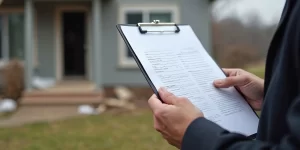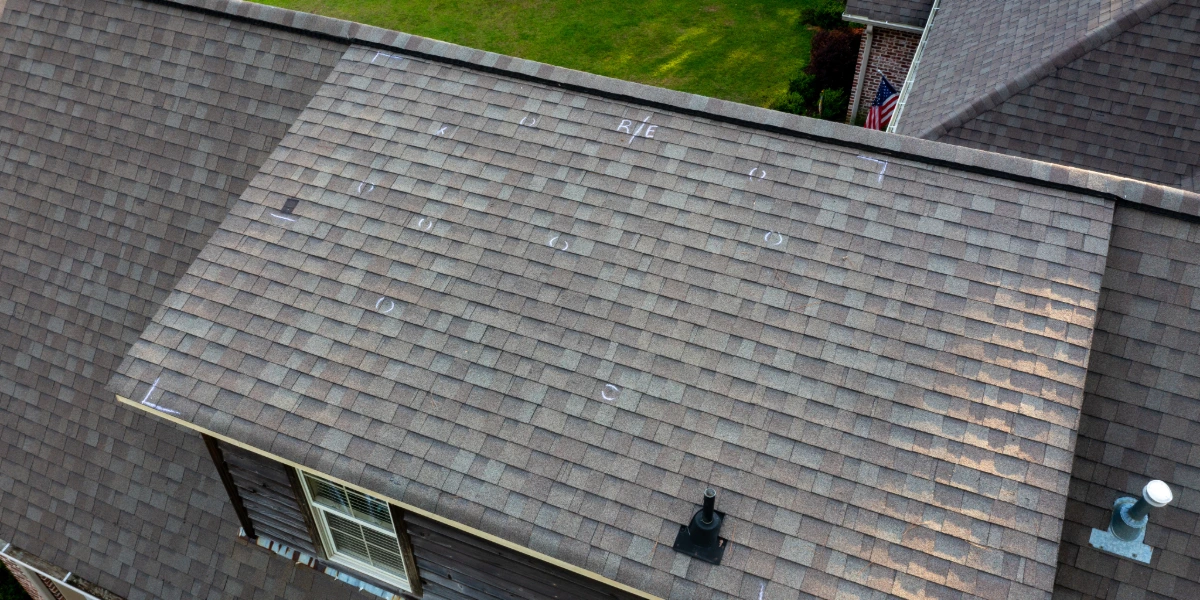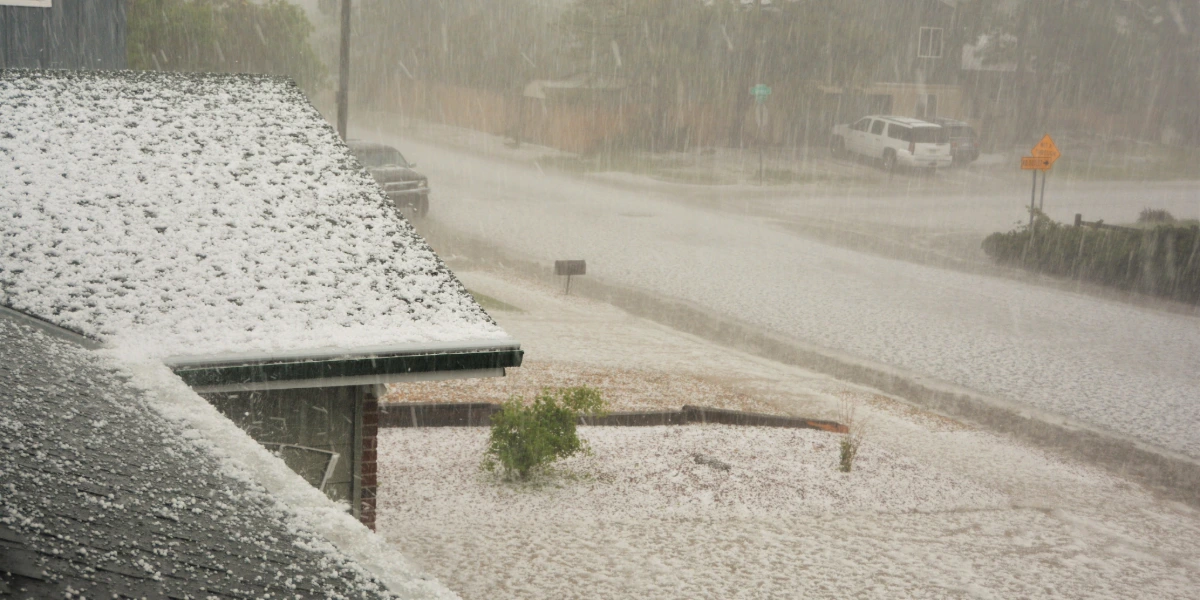The storm has passed, leaving behind an eerie calm and a nagging question that keeps you staring up at your ceiling: “Is my roof really okay?” While your home might look picture-perfect from the street, storms are masters of deception. They can leave behind invisible wounds that whisper threats of future leaks, structural damage, and wallet-draining surprises. Don’t let hidden damage turn your sanctuary into a source of stress. A professional roof inspection isn’t just a smart move. It’s your shield against the storm’s lingering threats and your key to turning potential disaster into a manageable repair plan.
Why You Need a Prompt Storm Damage Roof Inspection
Hidden Damage Is Common
Even when damage isn’t visible, storms can loosen shingles, dent flashing, or compromise your underlayment. A thorough inspection reveals these hidden risks before leaks appear on your ceiling, weaken your roof deck, or damage your attic.
Documentation Matters for Insurance
Insurance adjusters often rely on detailed inspection reports and photos. Having a professional roofer from the start ensures your claim is backed by accurate, credible evidence, improving your chances of a successful claim.
Don’t Fall Victim to Storm-Chaser Scams
After storms, fly-by-night contractors often appear, promising quick fixes. Many provide shoddy work that creates bigger problems later. Hiring reputable local contractors, like Red Diamond Roofing, ensures you receive reliable work without added stress.
The Inspection
Step 1: Pre-Appointment & Scheduling
A trusted roofer will begin with a phone consultation, asking about the storm, your concerns, and visible signs of damage. Most professional inspections are scheduled within 24–48 hours of your call. It is vital to have the inspection as soon as possible. The more time passes, the more likely there will be additional damage.
Step 2: Exterior Walkaround
Your inspector will look for:
- Obvious signs of damage to your home’s siding, trim, window screens, and landscaping vegetation
- Dented or damaged shingles and granule loss
- Granules on the ground near downspouts
- Damaged gutters
Step 3: Roof Inspection
Upon accessing the roof, the inspector searches for shingle granules in gutters, dents in flashing and vents, damaged skylights, punctures or marks in shingles, or wind-lifted shingles. They may use chalk to mark specific damage and will photograph every concern for documentation.
Step 4: Attic & Interior Check
The inspector will inspect the attic for moisture stains, soft decking, or mold. He or she will also inspect ceilings and walls to determine if water has already penetrated the structure.
Step 5 (Optional): Aerial Imaging
In some cases, drones are used to capture high-resolution views of hard-to-reach roof sections. These images offer undeniable proof to support your insurance claim.
Document for Clarity and Claims
While waiting for the inspection, you can help speed the process:
- Take photos of visible roof damage or attic leaks from the ground or inside.
- Note any missing granules, lifted shingles, or sagging sections.
- Take additional photos of storm damage on and around your home.
- Do not climb on the roof yourself! Leave that to trained professionals.
After the Inspection
Your Report & Estimate
Your contractor will provide a detailed report of the extent of the damage and an estimate for repairs or replacement. Note: Some damage may not be obvious to the naked eye, and your professional roofer may discover hidden damage as they begin the roof repair or replacement process.
File Your Insurance Claim
With your inspection report and photos, you’re ready to file a claim. Red Diamond Roofing has extensive experience negotiating with insurance companies, giving homeowners the highest chance of a favorable outcome. Our team communicates directly with adjusters, making sure damage is appropriately documented and no detail is missed.
Repair or Replace?
Not all storm damage requires a full roof replacement. Minor issues, such as a handful of loosened shingles, may only need small repairs. But if your roof is older, or if multiple layers and components are compromised, a replacement may be the more cost-effective long-term solution. Either way, Red Diamond Roofing will walk you through the best option for your home and budget.
Ready to Move from Damage to Repair?
At Red Diamond Roofing, we understand that a prompt and thorough storm damage inspection is the first step toward protecting your home and regaining peace of mind. Our experienced team provides timely assessments, exhaustive analysis of your roofing system, and expert guidance through the insurance claims process.
At Red Diamond Roofing, we go beyond surface-level findings by examining the sublayers of your roofing system when conducting storm damage roof repair. This thorough approach identifies issues that insurance adjusters may be unable to see. We will help navigate communication about hidden storm damage with your insurance company, helping to ensure your claim covers the needed repairs.
Don’t wait for storm damage to escalate. Contact us today to schedule your professional storm damage roof inspection. Let us help you move confidently from damage to repair.






